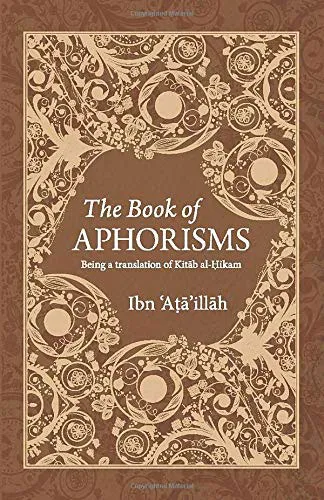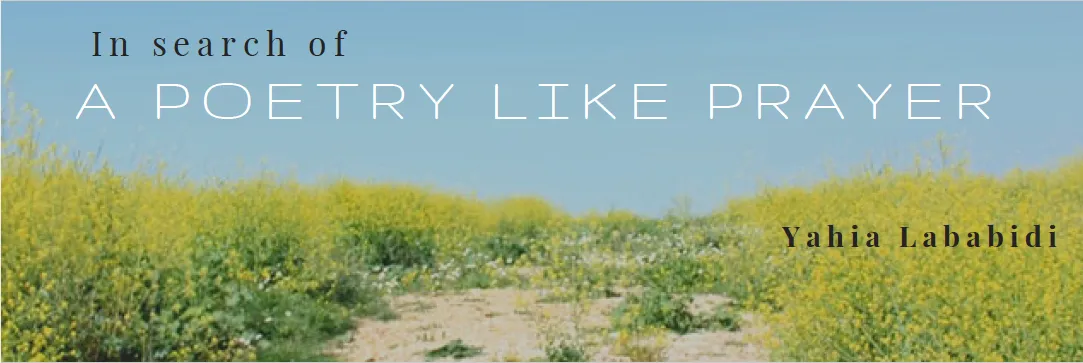
Reading the great Persian poets, such as Rumi, Hafez and Attar, was a heady experience where I discovered, in middle age, that poetry might be unabashedly addressed to the Divine as well as sensual, at once.
Mysteriously, as I mined Sufi literature more deeply– Al-Hujwiri’s luminous Kashf al Mahjub ('The Revelation of the Veiled') remains a personal highlight – I discovered that I was deepening my faith and returning Home.
Even though I was, now, based in the United States, I found myself profoundly attracted to the work of a saint and sage of 13th century Egypt, Ibn ʿAtāʾillāh, who lived during the blossoming of new Sufi Orders.
I’d begun my literary career, as an aphorist in my late teens, enraptured by the wisdom literature of Gibran (a mix of philosophy, poetry and spirituality) and now that I had returned to writing aphorisms in my middle age after a long silence, I found myself captivated by the stark (sometimes, stern) and lyrical maxims of a great Muslim aphorist.
Below, is a selection from Ibn ʿAtāʾillāh’s justly celebrated Book of Wisdom, that I try to consult often for sustenance and inspiration, as I begin to realize that perfection of one’s art and purification of the heart are intertwined.
How can the laws of nature be ruptured for you so that miracles result, when you, for your part, have yet to rupture your bad habits.
People praise you for what they suppose is in you; but you must blame your soul for what you know is in it.
Hope goes hand in hand with deeds; otherwise, it is just wishful thinking.
Sometimes, you will find more benefit in states of need than you will find in fasting or ritual prayer.
States of need are gift-laden carpets.
If you want gifts to come your way, then perfect the spiritual poverty [al-faqr] you have. “Alms are for the poor.
Empty your heart of alterities and creatures and you will fill it up with gnostic intuitions and mysteries.

